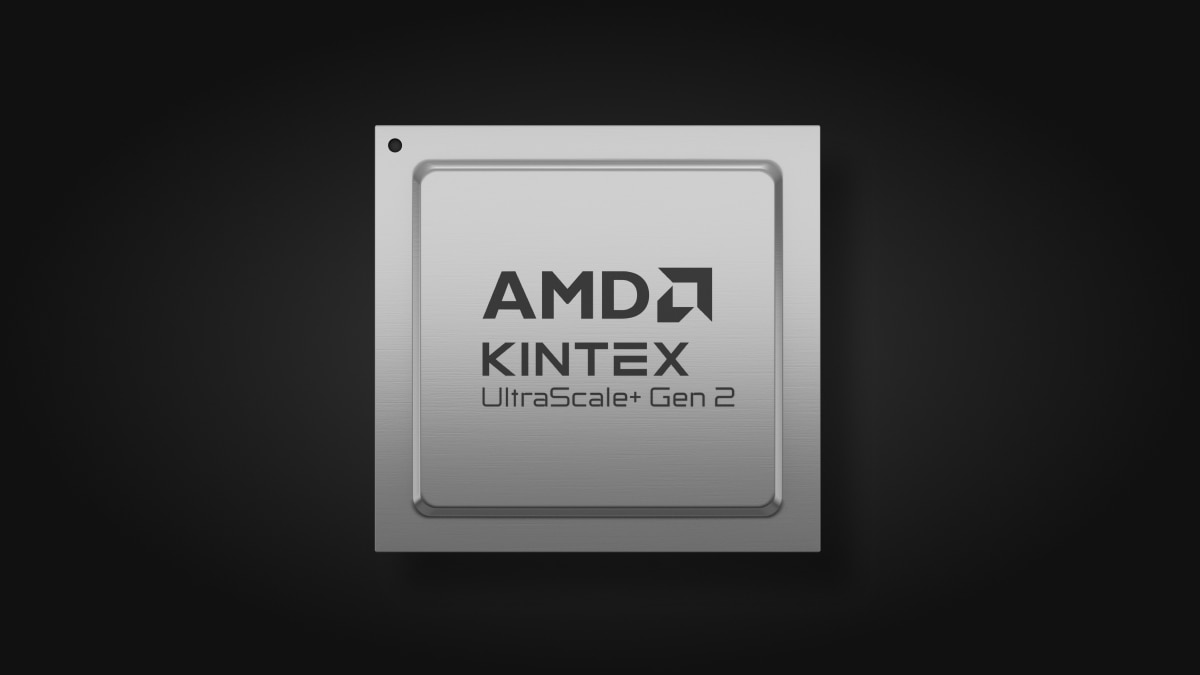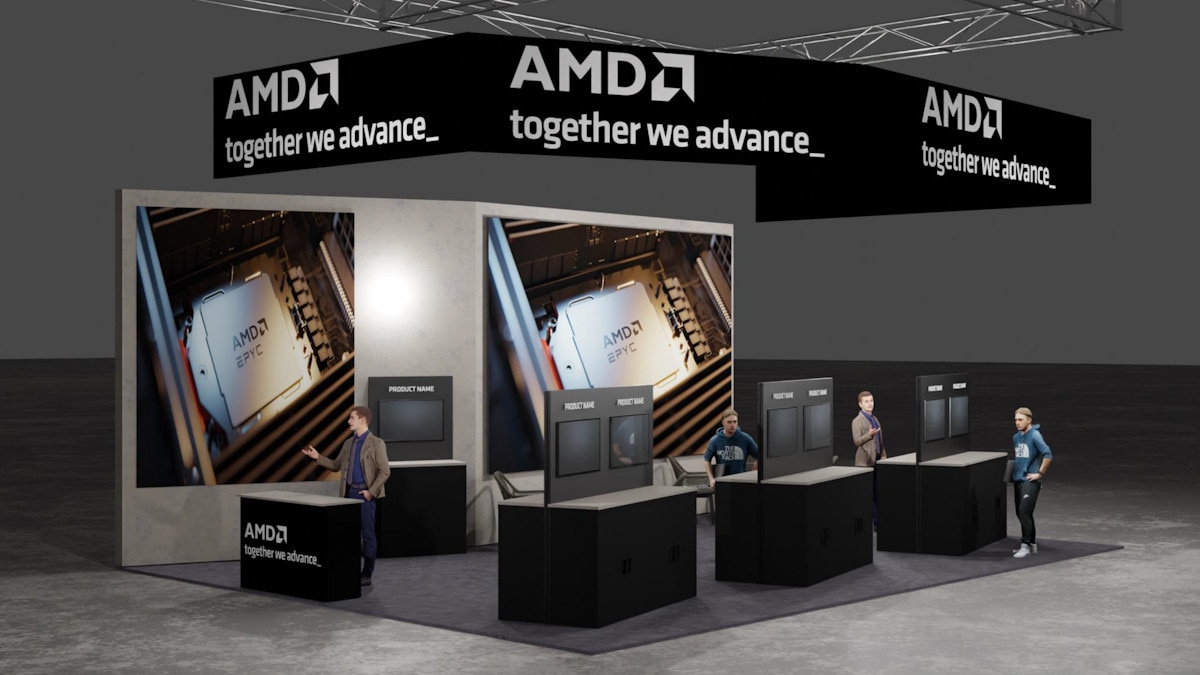AI Transforming Healthcare: MedCognetics Advancing Breast Cancer Detection, with Screening Precision and Access Powered by AMD Ryzen™ Processors and ROCm™ Open-Source Software Platform
Oct 21, 2025

MedCognetics, a U.S.-based integrated solutions provider, is helping to reshape how radiologists detect and diagnose breast cancer. Cancer diagnosis can sometimes take days or weeks, based on the quality of imaging equipment and the expert analysis required to make an accurate diagnosis. Additional delays can occur based on regional access to screening equipment in rural and remote communities. With a mission to improve accuracy in mammography interpretation and access, MedCognetics has developed a deep-learning algorithm trained on a globally diverse data set that enables its AI functions to perform equally well across ethnicities and geographies. The company is working with researchers at the University of Texas at Dallas and clinicians at the University of Texas Southwestern Medical Center to make the solution available to their patients. It created an FDA-cleared algorithm that delivers high diagnostic precision while remaining adaptable to a wide variety of imaging systems from cloud to edge. The solution runs on AMD Ryzen™ processors and ROCm™ software.
Fast Path to Production: Porting to AMD with ROCm
When MedCognetics began the process of optimizing its AI solution for AMD hardware and software, the goal was clear: achieve high performance, long-term reliability, and cost efficiency without compromising clinical accuracy. They also wanted to be able to enhance scanned images to detect anomalies with greater precision. Using the open-source AMD ROCm™ software stack, engineers quickly ported their existing deep-learning workloads onto an AMD solution featuring AMD Ryzen™ processors with discrete Radeon™ Pro graphics.
Thanks to the open ROCm software stack, ecosystem, and deep integration with industry-standard AI frameworks, the porting and deployment process was seamless. Developers were able to re-compile and run their existing PyTorch models with minimal modification, taking full advantage of AMD GPU acceleration. The open architecture provided the flexibility MedCognetics needed to fine-tune performance while maintaining transparency and control over its code base.
The results were immediate: within days of engaging with AMD and its distribution and integration partners, MedCognetics had a key algorithm running on AMD Ryzen processor-based platforms. “We had great support on the first day,” said CEO Ron Nag. “Within three to five days, we were on a call to spec out a chip, and within a week, we had hardware in hand. Three days later, we were up and running.”
Bringing AI to the Edge with AMD Embedded Solutions
After initial success on AMD client processors, MedCognetics is transitioning to edge-based AMD embedded processors to deliver enhanced computing capabilities at the point of patient care. The open and scalable nature of the AMD ROCm software platform will help to make this transition easy. “AMD’s embedded portfolio will be a perfect fit for our edge-based cancer detection systems that are being proven in a clinical trial,” Nag said. “These embedded solutions will allow MedCognetics to deliver real-time, on-device inference directly within mammography units, eliminating latency and reducing reliance on external servers or the cloud.”
AMD embedded processors deliver all the performance of client solutions with enhanced security features and extended product support. These offer the reliability and longevity needed for rugged edge applications. Additionally, select AMD embedded processors integrate GPU and NPU cores, accelerating AI inference while maintaining exceptional power efficiency and thermal resilience for edge deployments. This combination of CPU, GPU, and NPU resources is designed to enable low latency, high-resolution image processing, denoising, motion correction, and precise region-of-interest detection, all in real time.
The ROCm Advantage: Open, Scalable, Future-Ready
ROCm software’s open stack for both Windows and Linux gave MedCognetics the flexibility to deploy across diverse platforms, from edge devices to cloud environments, without being locked into fixed or proprietary ecosystems. This portability is crucial for MedCognetics’ mission to expand global access to healthcare through advanced medical diagnostics.
The AMD Ryzen processor and ROCm software-enabled platform can power applications from hospital workstations to mobile mammography vans. In India, for example, MedCognetics’ partner AKARUI Solutions has deployed screening vans equipped with AMD technology that enable real-time mammogram analysis in rural communities. The same technology is being planned for use in parts of Africa to provide immediate diagnostic feedback where trained.
Co-Innovation with Speed
For MedCognetics, the work with AMD represents truly collaborative innovation. AMD is steadfastly committed to delivering long-term support, energy efficient, and high-performance embedded computing, to support MedCognetics’ goal of advancing healthcare by bringing AI-powered and more accessible medical solutions to the world.
“AMD’s culture matches ours,” said Nag. “We needed a partner who moved fast and understood the urgency of what we’re trying to do, and AMD delivered.”
Together with AMD, MedCognetics has achieved a breakthrough in deploying AI-powered breast cancer detection at scale. From accelerated model development to low-latency, edge-based inference, this collaboration underscores how open ecosystems and a broad portfolio of leadership, AI-powered solutions can drive real-world impact in healthcare.









